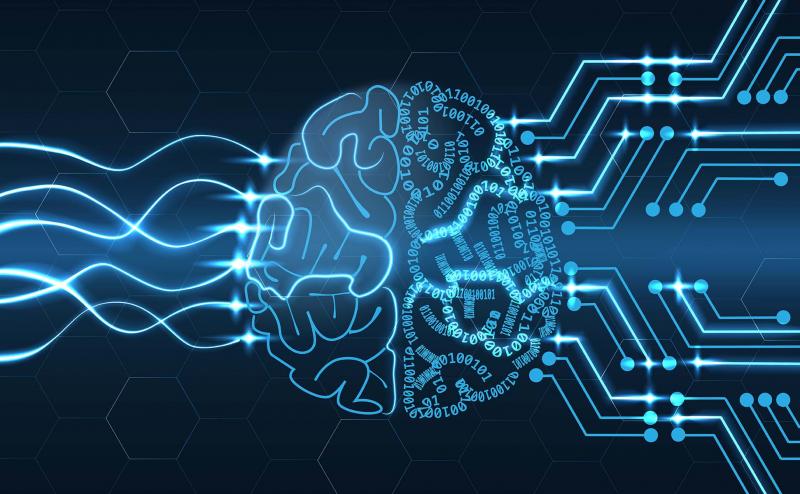Artificial Intelligence (AI) has emerged as a powerful and transformative technology, driving innovation and reshaping various industries. However, along with its potential benefits, AI also presents significant ethical and societal challenges. As AI becomes increasingly integrated into our daily lives, the need for robust AI governance has become more critical than ever.
Understanding AI Governance
AI governance refers to the set of policies, regulations, and guidelines that aim to ensure the responsible and ethical use of AI technologies. It encompasses a wide range of issues, including data privacy, bias and fairness, transparency, accountability, and the societal impact of AI. AI governance seeks to strike a delicate balance between promoting innovation and safeguarding individual rights and societal well-being.
The global AI Governance Market size was valued at USD 131.9 million in 2022 and is anticipated to witness a compound annual growth rate (CAGR) of 46.60% from 2022 to 2030.
The Role of AI Governance in Responsible AI Development
AI governance plays a pivotal role in guiding the development and deployment of AI systems with ethical considerations in mind. By setting clear guidelines and standards, AI governance frameworks help organizations and developers identify potential risks and address biases that may arise in AI algorithms. This proactive approach fosters responsible AI practices and builds public trust in AI technologies.
Addressing Bias and Fairness in AI
One of the most significant challenges in AI development is the potential for biases to be embedded in algorithms, leading to discriminatory outcomes. AI Governance frameworks emphasize the need for data fairness and the careful selection and preprocessing of training data. By promoting diverse and inclusive datasets, AI systems can mitigate bias and ensure fair outcomes across various user groups.
Ensuring Transparency and Explainability
Transparency is a cornerstone of responsible AI. AI governance frameworks encourage organizations to develop AI systems that provide clear and understandable explanations for their decisions. This transparency not only helps build trust with users but also facilitates debugging and identification of potential errors in AI models.
Upholding Data Privacy and Security
AI relies heavily on vast amounts of data for training and inference. AI governance emphasizes the importance of data privacy and security to protect individuals' sensitive information. Compliance with data protection regulations, such as GDPR, is crucial in ensuring that AI applications respect users' privacy rights.
Promoting Accountability and Human Oversight
While AI can automate and optimize many processes, AI governance underscores the need for human oversight and accountability. Responsible AI development involves continuous monitoring of AI systems, identification of potential biases, and the ability to intervene when AI produces unintended or harmful outcomes.
International Cooperation in AI Governance
The rapid development and global nature of AI necessitate international cooperation in AI governance. Collaborative efforts between governments, organizations, and experts are essential to establish harmonized standards and address cross-border challenges related to AI ethics and governance.
As AI continues to revolutionize industries and transform society, the importance of AI governance cannot be overstated. Responsible AI development and deployment are crucial to harnessing the full potential of AI while addressing its ethical and societal implications. By adopting robust AI governance frameworks that prioritize fairness, transparency, accountability, and privacy, we can navigate the AI landscape with confidence, ensuring that AI serves as a force for positive change and progress.
